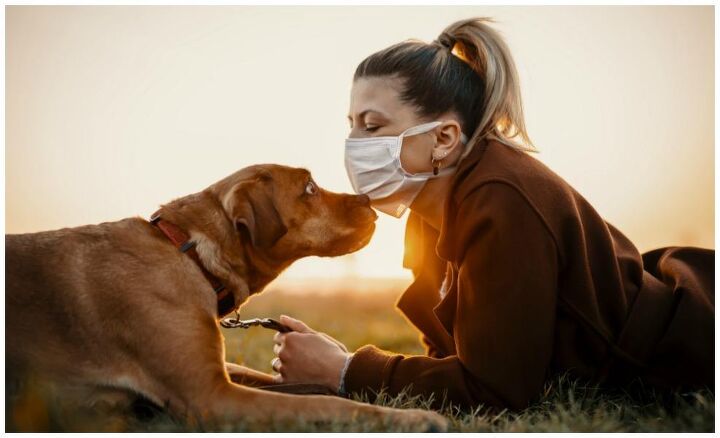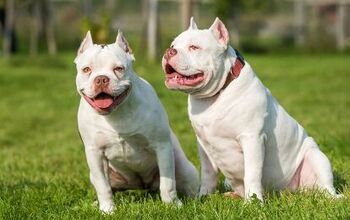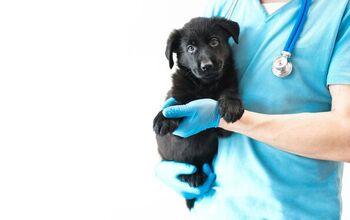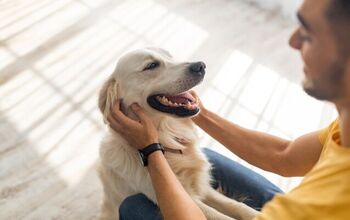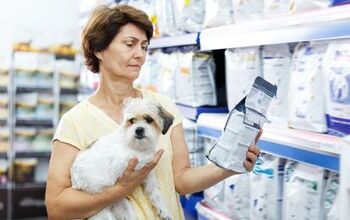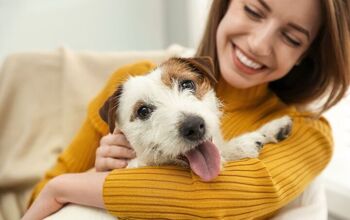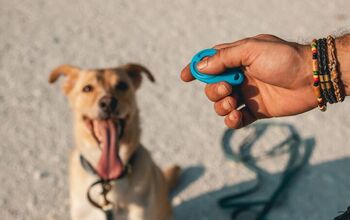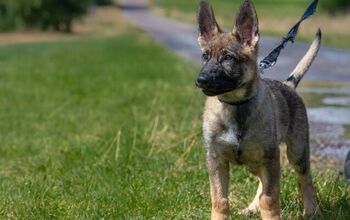Sniffer Dogs Could Be Used To Screen for COVID-19

We know a dog’s nose knows amazing things, and researchers from the London School of Hygiene and Tropical Medicine (LHTSM) think they’ve got the solution to the need for better and quicker COVID-19 screenings with man’s best friend.
The team of researchers and scientists believe they can train dogs to smell the distinctive odor that the coronavirus gives off. They’re doing so with a project that is being funded through crowdsourcing, and they hope that dog screeners can be effective warriors in the battle against COVID-19.
Related: How You Can Help Your Local Shelter During COVID-19 Crisis
While they are not fully sure that the dogs will be able to be trained to give consistent and accurate results, there’s no reason to believe they couldn’t. Already, dogs’ noses are used as sniffers for different diseases like cancer and diabetes, and they’re even used to warn their humans of impending seizures. They’ve been shown to be able to detect bacteria and even Parkinson’s disease, so there’s no reason to believe they couldn’t do this.
In previous research, the LSHTM has worked with Medical Detection Dogs, a charity that works to help train dogs to detect things that could save the lives of humans. One training program sowed that dogs could successfully detect malaria, and the testing exceeded the standards required by the World Health Organization standards.
James Logan is the head of LSHTM’s Department of Disease Control. He said that the research is in the very early stages, but it’s well known that diseases and viruses like influenza have very distinct odors. If COVID-19 follows suit and also has a specific smell, Logan is confident that a dog could learn and detect that smell repeatedly as part of a screening process.
Related: What Experts Say You Need To Know About COVID-19 And Your Dog
Right now, screening is variable and may or may not be happening because people don’t want to put themselves at great risk. Particularly for places like public transportation areas –airports, train and bus stations and the like– virus-sniffing dogs could mean the difference between viral spread in pandemic numbers and quick recognition and treatment of just a few.
For more information on the project or to help your fellow humans by allowing dogs to do what they do best, you can contact their IndieGoGo site.

More by Lori Ennis



